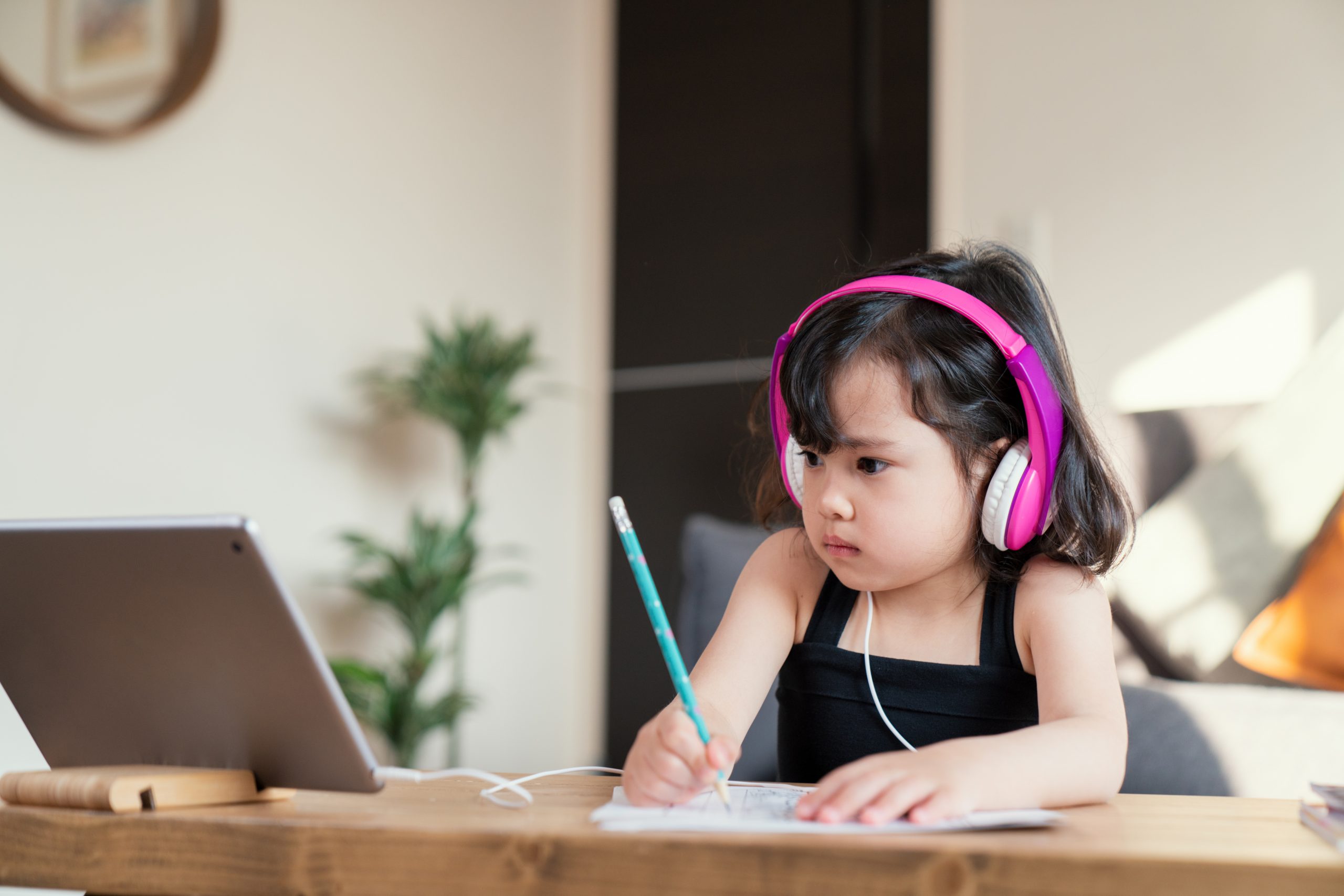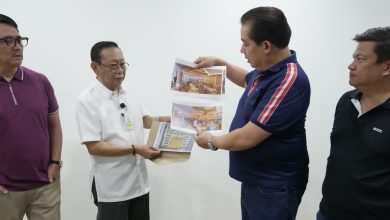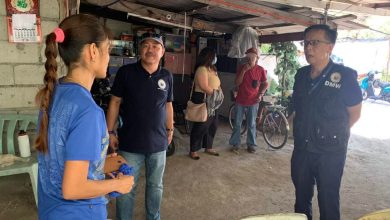Education experts in the Philippines have revealed that both a decent gadget and stable internet connection are two of the most important things that all students and teachers should have in order to engage and rise above the challenges in the country’s new distance learning techniques.
One major predicament faced by many schools, Estela Cariño of DepEd’s Cagayan Valley regional office said in a virtual press briefing, is the poor internet connection—making them unable to conduct this approach in distance learning.
Leonardo A. Seradilla, a college professor in a private school in Laguna, told The Filipino Times that it is a huge struggle to try to teach through the online platform, mainly because it’s hard to monitor if the students can actually understand the lessons.
“I have two classes where the attendees reach up to 50 students. It has been difficult to monitor if everybody is listening as their cameras and microphones are off during my presentations. They say that they have been encountering network or gadget issues if they put their cameras on,” he said.
He added that tardiness has also become a huge issue in the distance learning because many of the students are having difficulty connecting to the online classroom due to signal or device issues.
“The dilemma here is if I should tag them late and/or absent, I can never know if the students are just reasoning-out or if it’s real,” he said.
Gadget requirements
“The main challenge for the students is to have a decent gadget for online class. To add, not all have Wi-Fi access, I encountered students who were outside their homes just to get a stable data connection,” Seradilla added.
DepEd-NCR Regional Director Malcolm Garma said that many schools in Metro Manila and other provinces have chosen the printed modules as a default tool for learning delivery, while other cities have also employed digital means with the use of gadgets provided by the local governments.
However, the challenge in terms of the learning modules in provinces is the trip teachers need to do in order to distribute the self-learning modules (SLMs) to their houses of pupils.
“One of the major challenges experienced by the teacher, of course, would be the distance of the houses of these learners and the kind of road that they have to pass through. Some have to cross rivers,” Cariño said.
She added that provinces are currently coordinating with local officials and authorities to help teachers distribute the SLMs on a quarterly or monthly basis.
DepEd also noted that local government units are having procurement issues with the gadgets as well as the delivery of printed modules due to the recent movement restrictions. The department’s Undersecretary Nepomuceno Malaluan said during a Senate hearing on blended learning that some schools in the country are not half complete in providing printed modules for the first quarter. He added that 132 out of 214 school division offices in all regions (except Bangsamoro) have not yet reached 50 percent in terms of printing the modules.
This is the reason the department aims to make some of the materials available for the first weeks, and the succeeding ones “on a rolling basis.”






